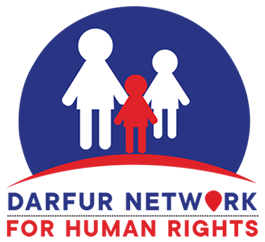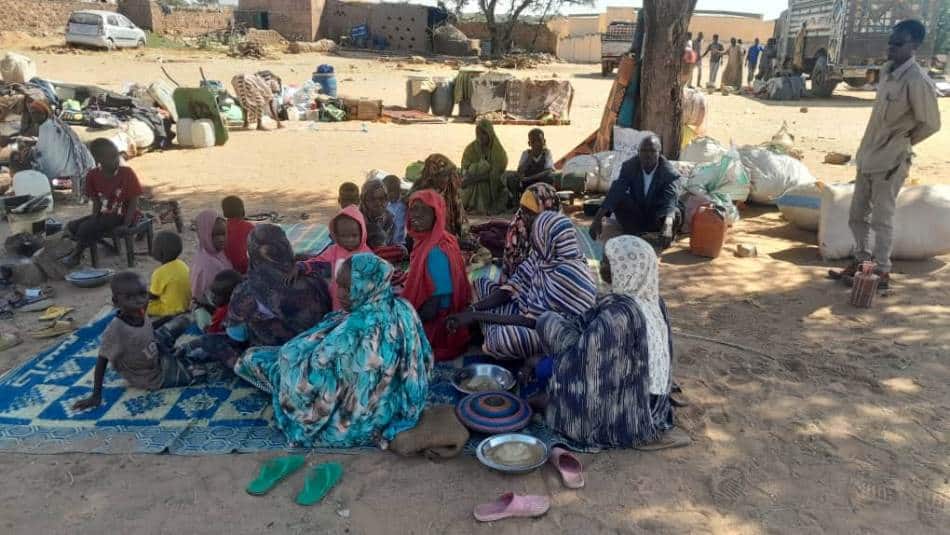The Rapid Support Forces (RSF) have rendered Qatina Teaching Hospital non-operational after targeting medical facilities in White Nile State. Al-Sufi Hospital has also been forcibly closed, further limiting access to essential healthcare in the region. Additionally, the RSF attacked the home of Dr. Musa Shaali, the only remaining medical doctor in the locality, who had been providing services to civilians. His status remains unknown following the attack.
On February 13, 2025, the villages of Al-Qatina and South Al-Jabal Awliya witnessed the forced displacement of families on foot after the RSF stormed their areas, forcing civilians from their homes at gunpoint. Reports indicate that at least 25 civilians were killed or wounded in the attacks. The RSF looted homes, sabotaged property, and kidnapped several citizens, detaining them at undisclosed locations.
The violence extended to several villages, including:
- Wad Jar al-Nabi
- Kajbi
- Hajj Musa
- Al-Jamalab
- Shabouna al-Wahda
- Naima Administrative Unit
In these areas, livestock, food supplies, and citizens’ property were seized, further exacerbating the humanitarian crisis.
On Monday, February 4, 2025, Sudanese Armed Forces (SAF) reported that 44 civilians were killed and 28 others injured in an attack by the Sudan People’s Liberation Movement (SPLM) on Kadugli, the capital of South Kordofan State.
SPLM artillery shelling struck multiple residential neighborhoods, schools, and the Kadugli market, causing widespread casualties and damage. The wounded were transported to Kadugli Hospital and the Military Medical Hospital for urgent medical treatment.
In response, the SPLM released a statement confirming that they repelled an attack by Sudanese Armed Forces on eastern Kadugli. According to the SPLM, Sudanese Army movements began on January 30, 2025, when military operations were launched targeting the Kwek area, followed by bombardment in SPLM-controlled regions near Jebel Hajar Mak.
The situation in both White Nile and South Kordofan states remains volatile, with continued attacks on civilians, medical facilities, and key infrastructure further deepening the crisis. Humanitarian organizations warn that without immediate intervention, civilians will remain at extreme risk of further violence, displacement, and lack of essential services.

